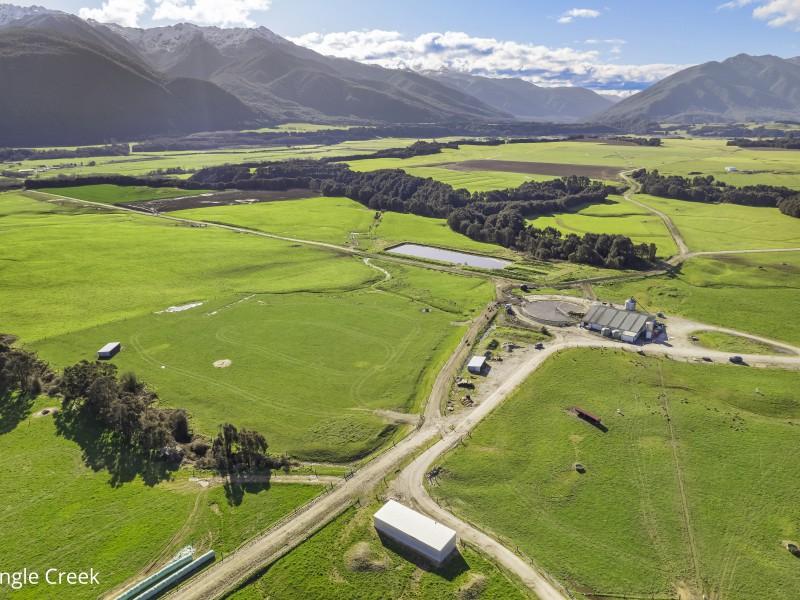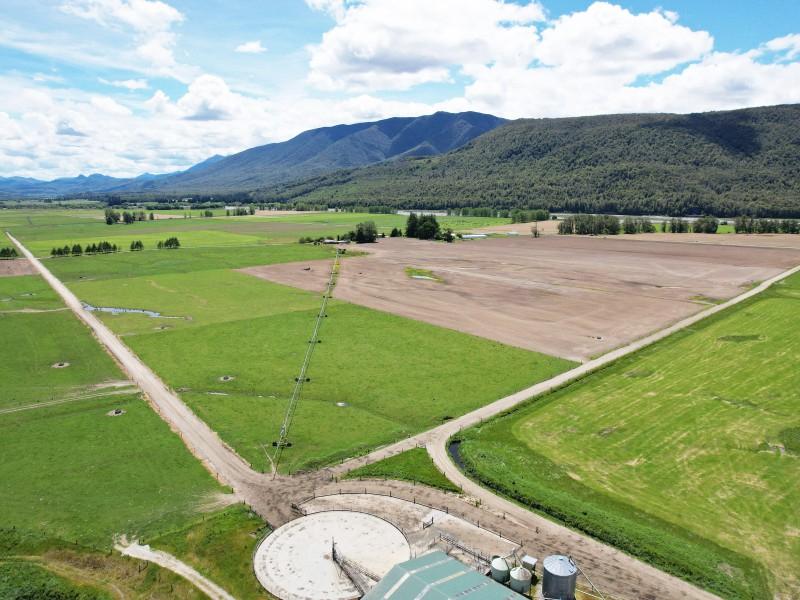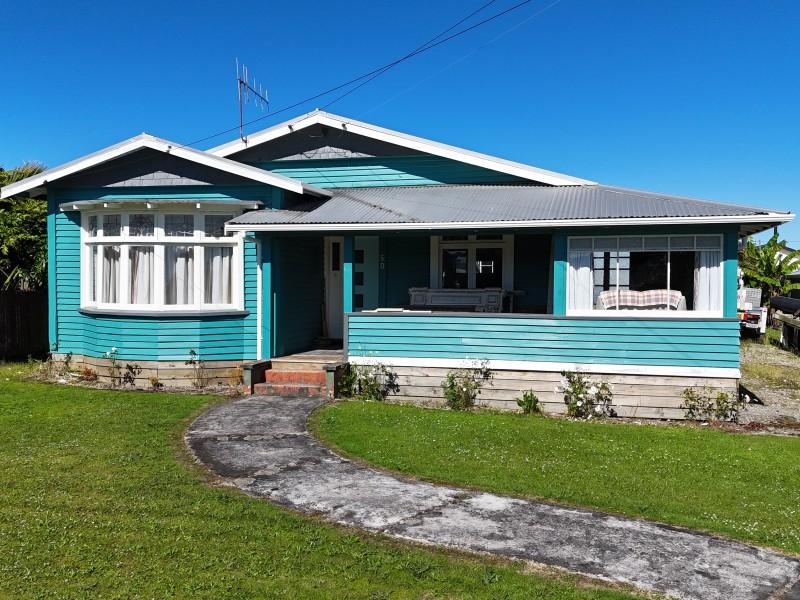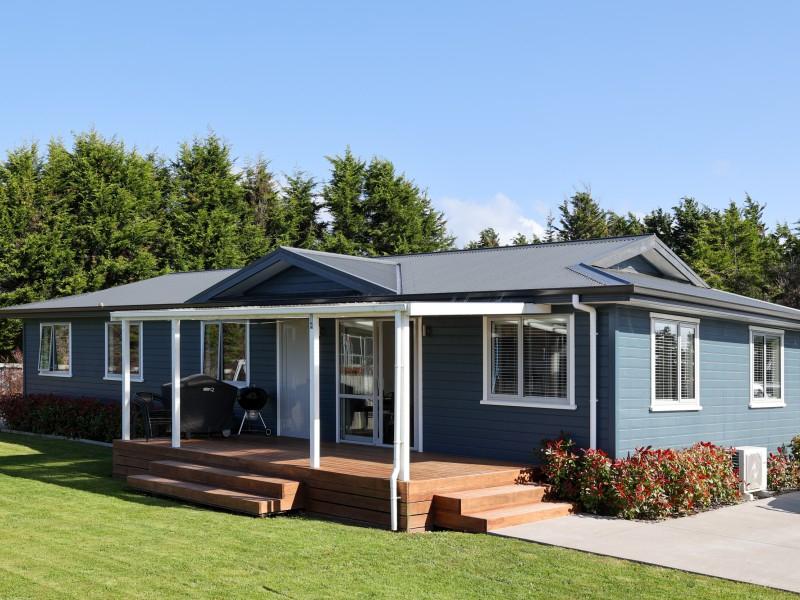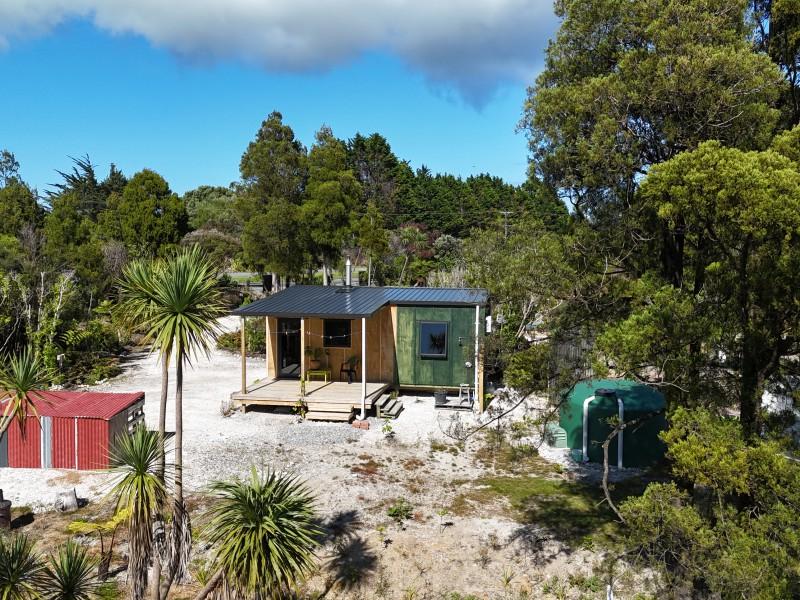Coast council backs locally generated hydro-electricity
By local democracy reporter Brendon McMahon:
The West Coast Regional Council is calling for the Government to back locally generated hydro-electricity as the country moves away from coal and gas.
The council has submitted on the Government's discussion documents - Advancing New Zealand's Energy Transition - on its local power needs.
The West Coast has some of the highest priced electricity in the country due to the losses of power via transmission lines through the Southern Alps.
The council described a focus on large-scale renewable energy development within the discussion document as "disappointing".
Instead, the council called for local renewable energy generation to be supported as solar and wind generation are "not viable options" for the West Coast.
Submitters for the proposed combined Te Tai o Poutini Plan also called for a more flexible approach to enable electricity generation in the region.
The submissions pointed out the proposed small-scale hydro schemes in the region - namely the Waitaha run-of-river scheme - is needed for the region to be self-sufficient and even an electricity exporter.
The region's community-owned lines company Westpower said that if the region's single biggest manufacturing site, Westland Milk Products, fully switched to electricity it would soak up the entire electricity capacity in the region.
The council said "it is disappointing" the Advancing New Zealand's Energy Transition discussion document appeared to only focus on large-scale renewable energy developments.
"The council's view is that development of local renewable energy sources needs to be supported in a national energy strategy."
It also noted a lack of focus on renewable energy "generated by and for local areas" in the Energy Efficiency and Conservation Authority's Regional Energy Transition Accelerator report for the West Coast.
That report, released in August, focused on replacing commercial and industrial fossil fuel with biomass and electricity in the region.
"But it does not state where the electricity will be sourced from, and it appears not to support or promote using local renewable resources to generate electricity for local communities," council said.
Instead, support for the development of local renewable energy generation should be clearly stated in the national Emissions Reduction Plan, the National Adaptation Plan, and the national Energy Strategy, council said.
The council goes on to suggest the solar and wind generation options proposed in the discussion document cannot be relied on in future dry generation years.
"Medium to large scale, land-based wind generation is not an option due to our low wind power densities," the council said.
"There is also less sunshine hours and limited flat land available on the West Coast for commercial, medium to large scale, land-based solar generation compared to Canterbury for example."
The Government needed to support "micro, small and medium-scale hydro" as the region had the water and slopes for the schemes.
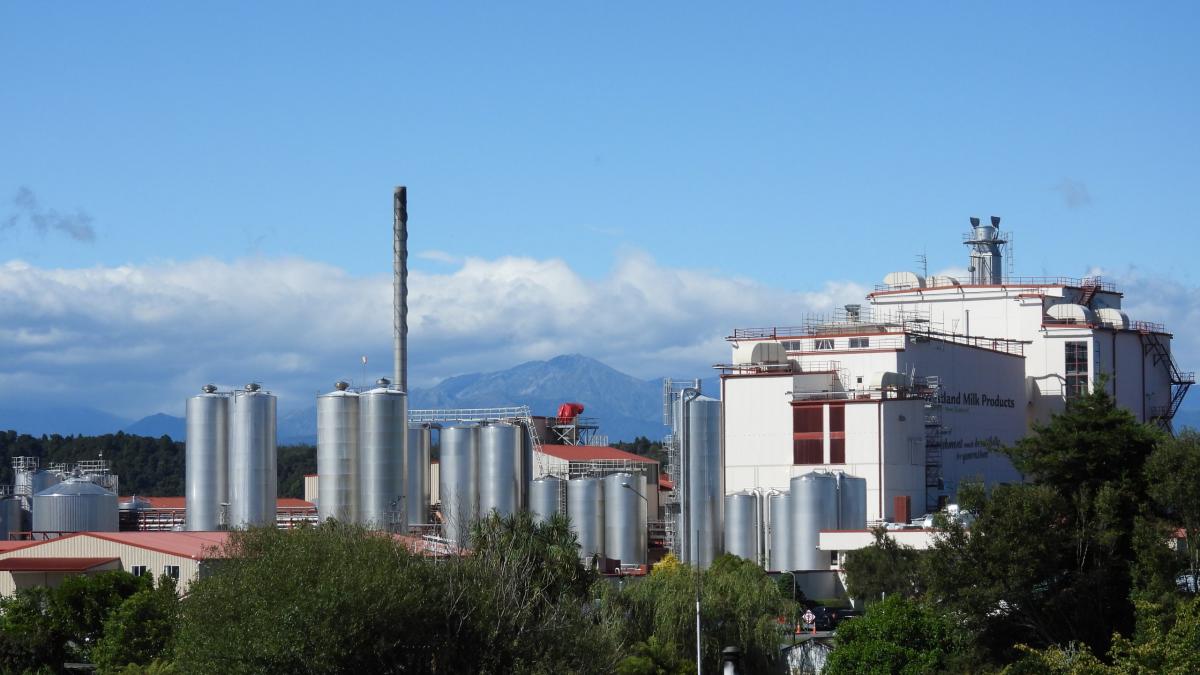
Riddles to Resolve Your Resolution!
I shave every day, but my beard stays the same.
What am I?
Do you think you know the answer to our daily riddle? Don't spoil it for your neighbours! Simply 'Like' this post and we'll post the answer in the comments below at 2pm.
Want to stop seeing riddles in your newsfeed?
Head here and hover on the Following button on the top right of the page (and it will show Unfollow) and then click it. If it is giving you the option to Follow, then you've successfully unfollowed the Riddles page.

⚠️ DOGS DIE IN HOT CARS. If you love them, don't leave them. ⚠️
It's a message we share time and time again, and this year, we're calling on you to help us spread that message further.
Did you know that calls to SPCA about dogs left inside hot cars made up a whopping 11% of all welfare calls last summer? This is a completely preventable issue, and one which is causing hundreds of dogs (often loved pets) to suffer.
Here are some quick facts to share with the dog owners in your life:
👉 The temperature inside a car can heat to over 50°C in less than 15 minutes.
👉 Parking in the shade and cracking windows does little to help on a warm day. Dogs rely on panting to keep cool, which they can't do in a hot car.
👉 This puts dogs at a high risk of heatstroke - a serious condition for dogs, with a mortality rate between 39%-50%.
👉 It is an offence under the Animal Welfare Act to leave a dog in a hot vehicle if they are showing signs of heat stress. You can be fined, and prosecuted.
SPCA has created downloadable resources to help you spread the message even further. Posters, a flyer, and a social media tile can be downloaded from our website here: www.spca.nz...
We encourage you to use these - and ask your local businesses to display the posters if they can. Flyers can be kept in your car and handed out as needed.
This is a community problem, and one we cannot solve alone. Help us to prevent more tragedies this summer by sharing this post.
On behalf of the animals - thank you ❤️

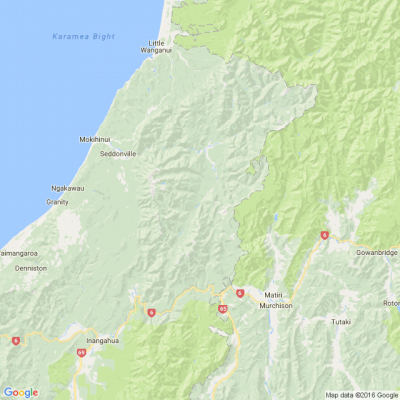
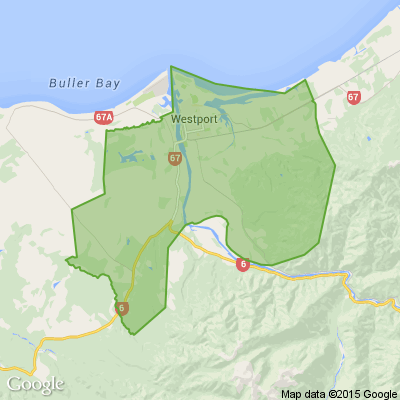





 Loading…
Loading…








